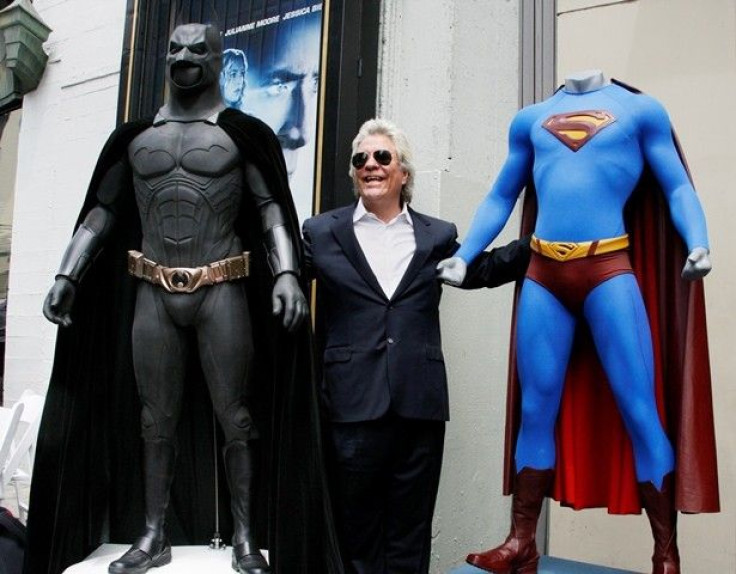Superman Powers: 2 Men Almost Immune To Pain, Broken Bones, Thanks To DNA Mutation

It’s not kryptonite but DNA mutation that two men have developed some powers similar to Superman. Researchers from pharmaceutical companies are studying the rare mutations and are aiming to come up with pain and osteoporosis drugs that could translate into billions in sales.
Steven Pete has congenital insensitivity to pain, while Timothy Dreyer has sclerosteosis or very dense bones. The two men are gifts from nature, says Andreas Grauer, global development lead for an osteoporosis medication that Amgen is developing. He says it is the duty of pharmaceutical companies to turn their DNA mutations into something useful, reports Bloomberg.
When Pete, now 34, was a baby, while teething, he almost chewed off his tongue. Doctors said his insensitivity to pain comes from two different mutations, one each inherited from his mother and father. Had he inherited just one of either mutations, it was useless. But combined, it was powerful but also harmful.
Like Pete, Dreyer’s condition manifested when he was a toddler, at 21 months. Dreyer suffered from facial paralysis that doctors diagnosed as palsy. The diagnosis of sclerosteosis was confirmed by X-rays which showed he had excessive bone formation in his skull. He inherited a single mutation carried by his parents.
Because of their conditions, Pete, who lives in Kelso, Washington, does not feel pain when he steps on broken glass or accidentally touches a hot stove, although he would bleed or blister. On the other hand, Dreyer, a resident of Johannesburg, is more fortunate because a bad fall would normally not cause a broken limb. Dreyer is just one of about 100 people with that condition.
Residents of an isolated Dutch village have overgrown skulls and very large bones that when one male villager didn’t have time to move while crossing the street, the Mercedes Benz that hit him was the one damaged. Leiden University Medical Center professor of medicine Socrates Papapoulos heard the incident from the villager when he visited the community in 2010.
Other than the two men’s conditions which giant pharmaceutical firms are studying, other genetic irregularities are also under their microscope. Sanofi and Regeneron studied the gene mutation of an aerobics instructor with very low cholesterol levels and are expected to receive on Friday, July 24, an approval from the US Food and Drug Administration, a drug that would lower cholesterol level. However, while that medication would create a big hole in patient’s pockets at $12,000 a year, it would hike the sales of drug makers by more than $1 billion annually.
Parkinson’s disease, which is what boxing icon Muhammad Ali is suffering from, is the target of a Genentech partnership with 23andMe, a Silicon Valley start-up. About 80 percent of 1 million people who purchased Genentech’s $99 DNA spit kits agreed to have their data on health and family history used for the study.
Meanwhile, by studying Pete’s gene mutation, Genetech hopes to develop a more perfect painkiller which would further boost the current $18 billion a year of the painkiller market. Some painkillers in the market are addictive, have dangerous side effects or not strong enough to deal with severe pain, points out Business Insider.
To contact the writer, email: vittoriohernandez@yahoo.com






